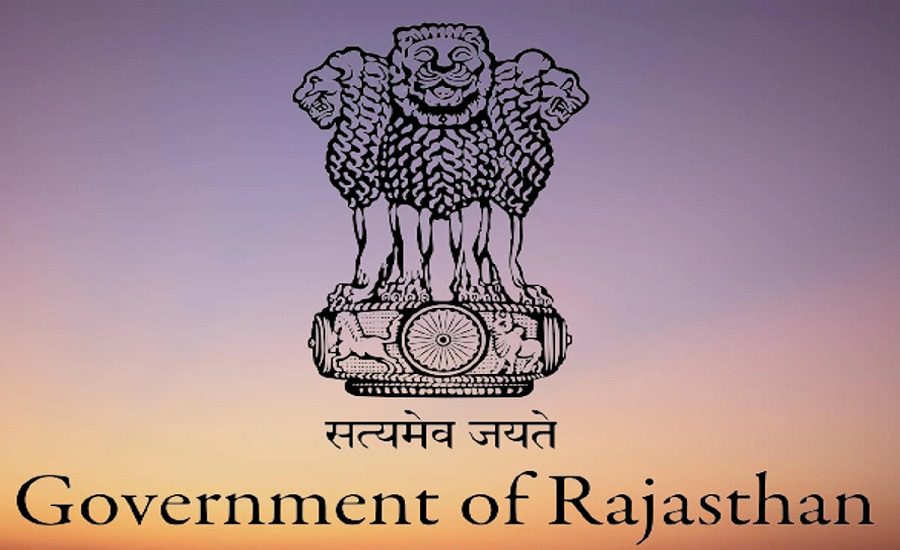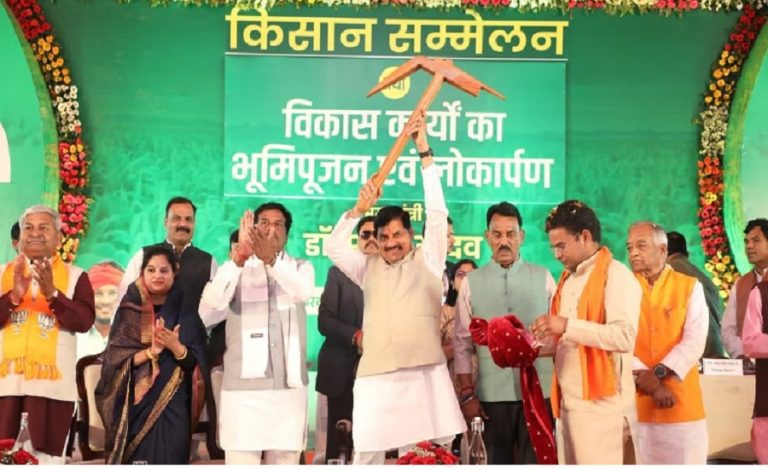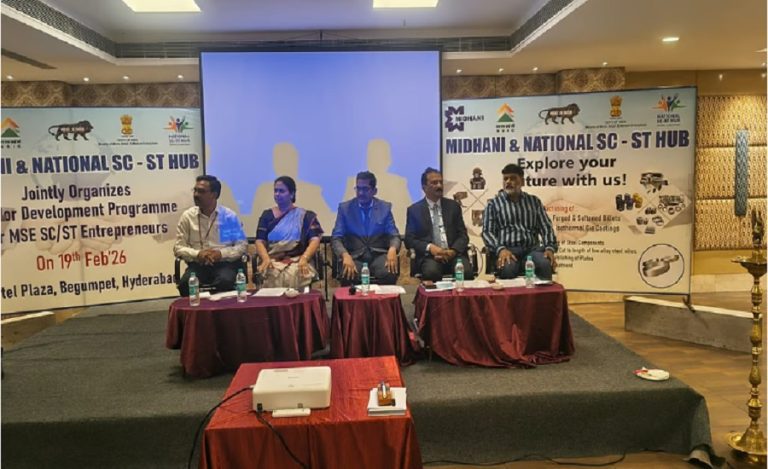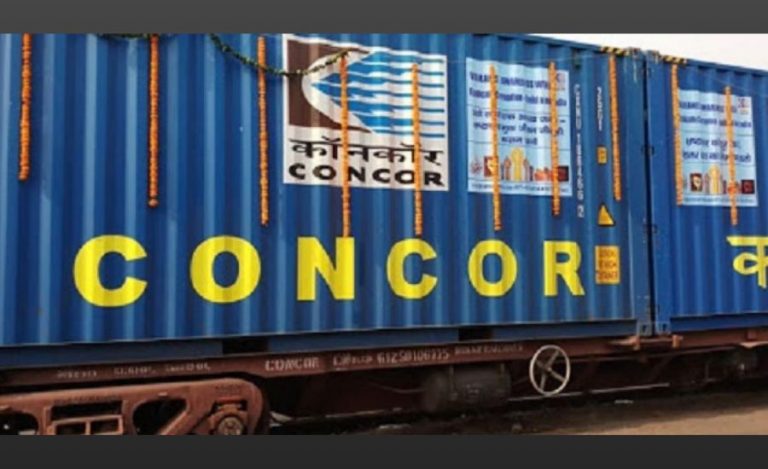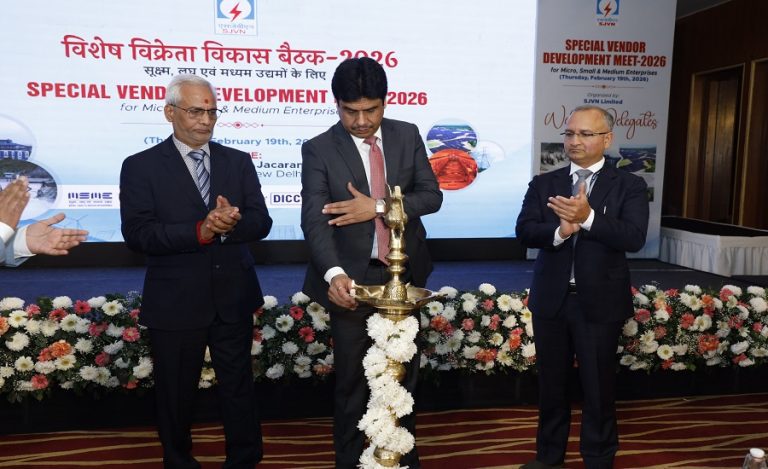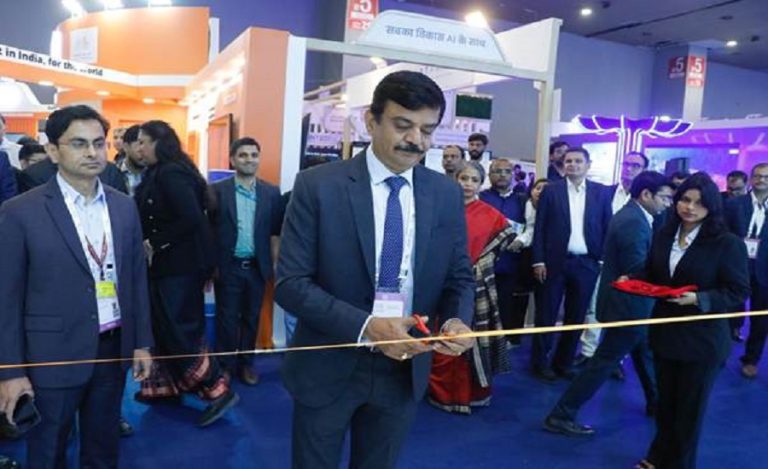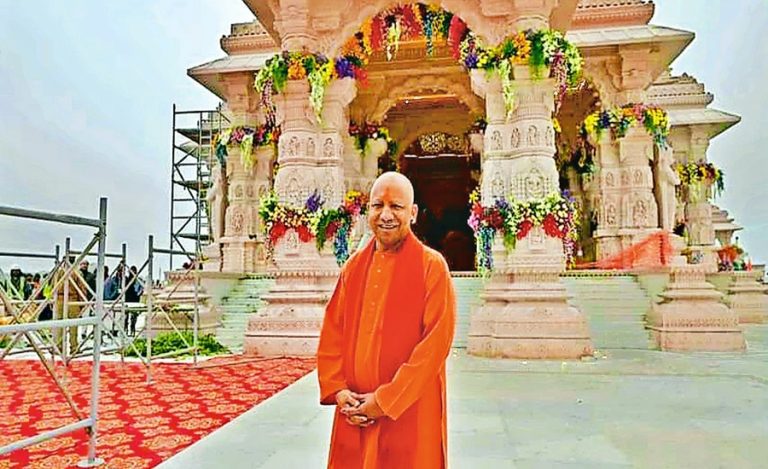Jaipur: The Government of Rajasthan is sounding the alarm on a deepening administrative challenge: it currently has only 280 officers serving in its IAS cadre out of a sanctioned strength of 332.
To address this gap, the state has officially asked the Centre to relieve two senior officers — Rohit Kumar and Siddharth Mahajan — from their central deputation and bring them back to reinforce state-level governance.
Rajasthan IAS officer recall: Who Are the Officers and Why the Recall?
- Rohit Kumar (Rajasthan cadre) is currently serving at the Centre as Additional Secretary in the Cabinet Secretariat.
- Siddharth Mahajan is a Joint Secretary in the Union Ministry of Commerce & Industry.
The state government argues that with a mounting shortfall of officers and growing workloads on existing staff, their return is necessary.
Another officer, PC Kishan, has reportedly applied to return for personal reasons — indicating that the trend of officers seeking re-assignment to the state may be growing.
The Bigger Picture: Deputation vs. Cadre Strength
Currently, 23 Rajasthan-cadre IAS officers are on central deputation and one on inter-state deputation, intensifying the officer crunch at home.
This is not just a numbers problem: each officer retained at the Centre means one fewer senior official driving policy implementation, administration and development projects in the state.
Why Rajasthan IAS officer recall Matters for Rajasthan
Departments are feeling the strain of unfilled posts. With upcoming retirements and vacancies, the state fears a governance slowdown.
Sources say the post of Principal Secretary to the Chief Minister (vacated by Alok Gupta’s transfer) might be filled by one of the returning officers — a signal of how critical the staffing gap is.
The state has also been told it will receive four more IAS officers post-Diwali via promotions, while 20 candidates are under review by the Union Public Service Commission (UPSC).
The Legal and Policy Angle of Rajasthan IAS officer recall
While the state can formally request the return of officers, final authority lies with the Centre under cadre-deputation rules. The state’s plea is thus an important administrative step but not a guarantee of immediate action.
The issue also reflects a broader trend: many states are grappling with staff shortages while central postings remain attractive to officers seeking national-level exposure.
What Happens Next?
The Centre will examine the request based on the officers’ tenure, performance, ongoing assignments and the state’s case.
If the return is approved, the officers could fill senior roles in Rajasthan — helping tighten up governance ahead of future projects.
The state will monitor how the four new appointees and the UPSC candidates help stabilise the cadre strength.
The situation may also trigger review of future deputation policies to ensure a balance between state and central demands.

